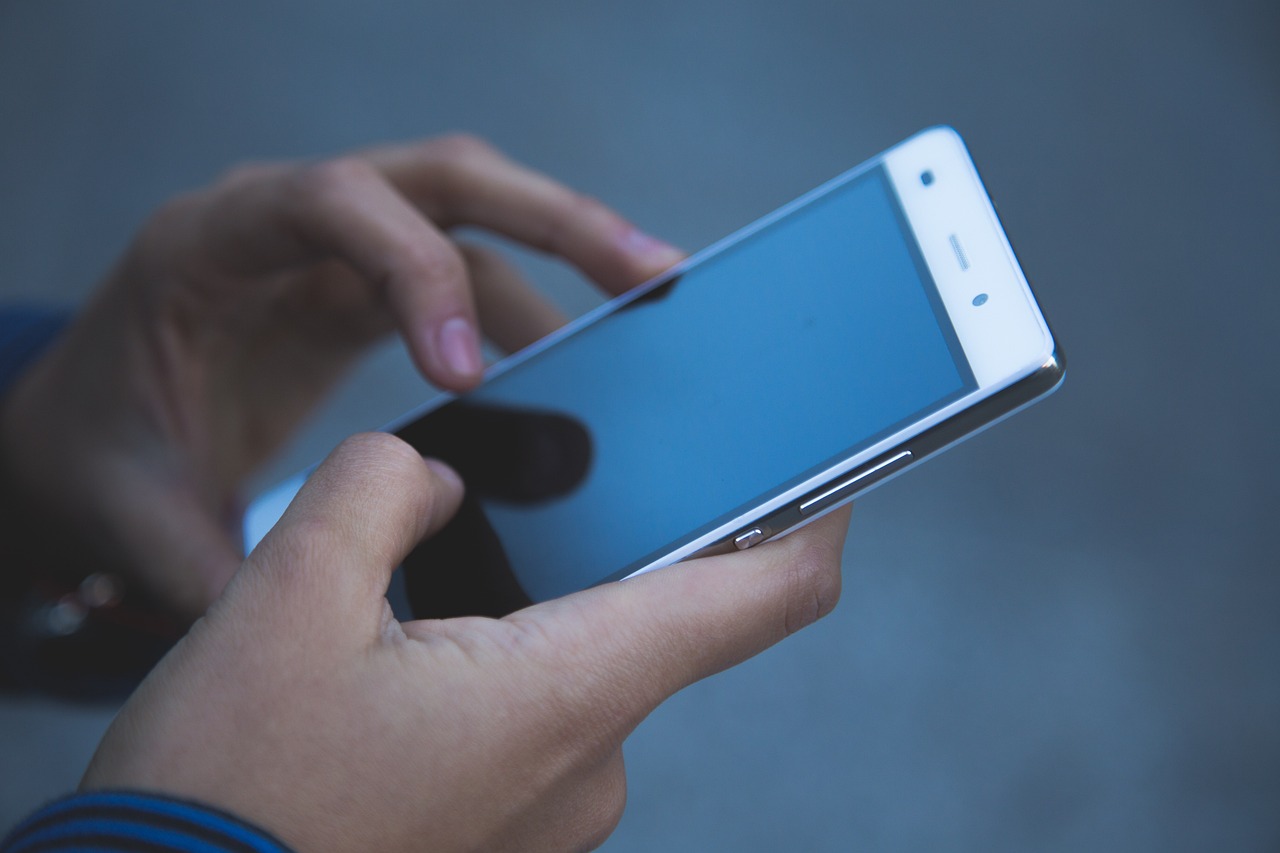According to an article published by Medical News TODAY in November 2023, the combination of selfies and social media may negatively impact teenagers' self-esteem and mental health. Nowadays, teens frequently take selfies and upload them to social media, often obsessing over the number of likes and comments they receive. This behavior can reflect their psychological state, particularly the vulnerability of their self-worth and confidence. Parents need to closely monitor this phenomenon and guide their children toward healthy social media use.
The article, compiled by Heather Smith, points out that although taking selfies may seem harmless, sharing them on social media can pose potential risks to teenagers. A 2022 survey found that 28% of girls aged 8 to 18 edit their photos before posting them on social media, which can lead to insecurity about their appearance. Another study from 2019 showed that teens who receive a high number of likes feel socially recognized and more confident; conversely, not getting enough likes can trigger feelings of rejection, which can affect mental health.
According to a report by the U.S. Surgeon General, 95% of teenagers aged 13 to 17 use social media, with one-third of them stating that they are "almost constantly" online. A 2022 study that analyzed 68 related studies found that common mental health issues among teenagers include depression, anxiety, and social media addiction. Teenagers face potential risks of cyberbullying and unwanted attention from strangers in the online world, reminding parents to closely monitor their activities. (Photo / Courtesy of Heho)
Teenagers face potential risks of cyberbullying and unwanted attention from strangers in the online world, reminding parents to closely monitor their activities. (Photo / Courtesy of Heho)
Dong Xuying, Director of the Institute of Educational Research at National Cheng Kung University, noted that adolescence is a stage when young people are searching for self-worth, making them more likely to seek validation through external appearances. However, excessive reliance on social media for validation can lead to negative emotions if expectations are not met, resulting in lowered self-esteem and even aggressive behaviors like criticizing others' photos.
Dong Xuying suggests that parents should watch for signs that their children are overly focused on editing photos or reactions after posting and try to discuss the motivations behind these behaviors. Teenagers should not define their self-worth solely through appearance; there are other ways to achieve self-recognition.
To help teenagers establish proper internet and mobile phone habits, 董氏基金會 Mental Health Center Director 葉雅馨 offered five recommendations:
- Listen to feelings: Encourage teens to express their thoughts and feelings about selfies and social media.
- Discuss safety: Talk to children about the potential dangers of social media and how to use it safely.
- Build habits: Set screen time limits and establish healthy usage habits.
- Embrace reality: Help children understand that imperfection is also a form of beauty and encourage them to face themselves authentically.
- Set an example: Parents should model proper social media use as a positive example for their children.
葉雅馨 reminds us that social media has changed how teenagers interact with the world. Once a selfie is posted, it can remain forever, even if deleted. Therefore, teenagers must be cautious of potential cyberbullying and privacy risks.







